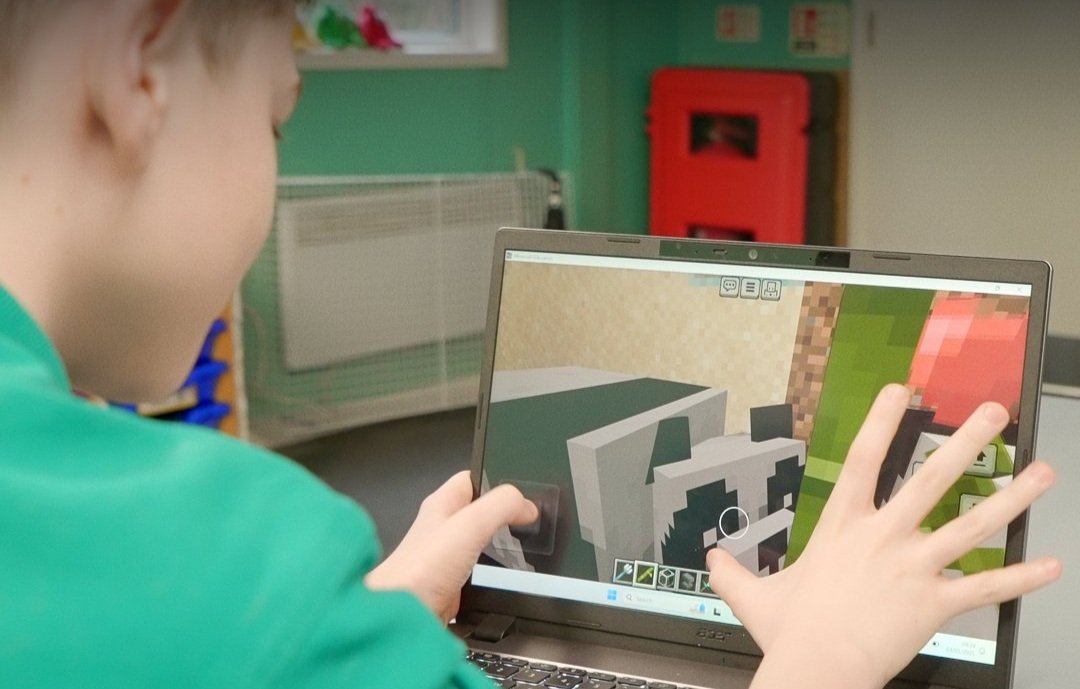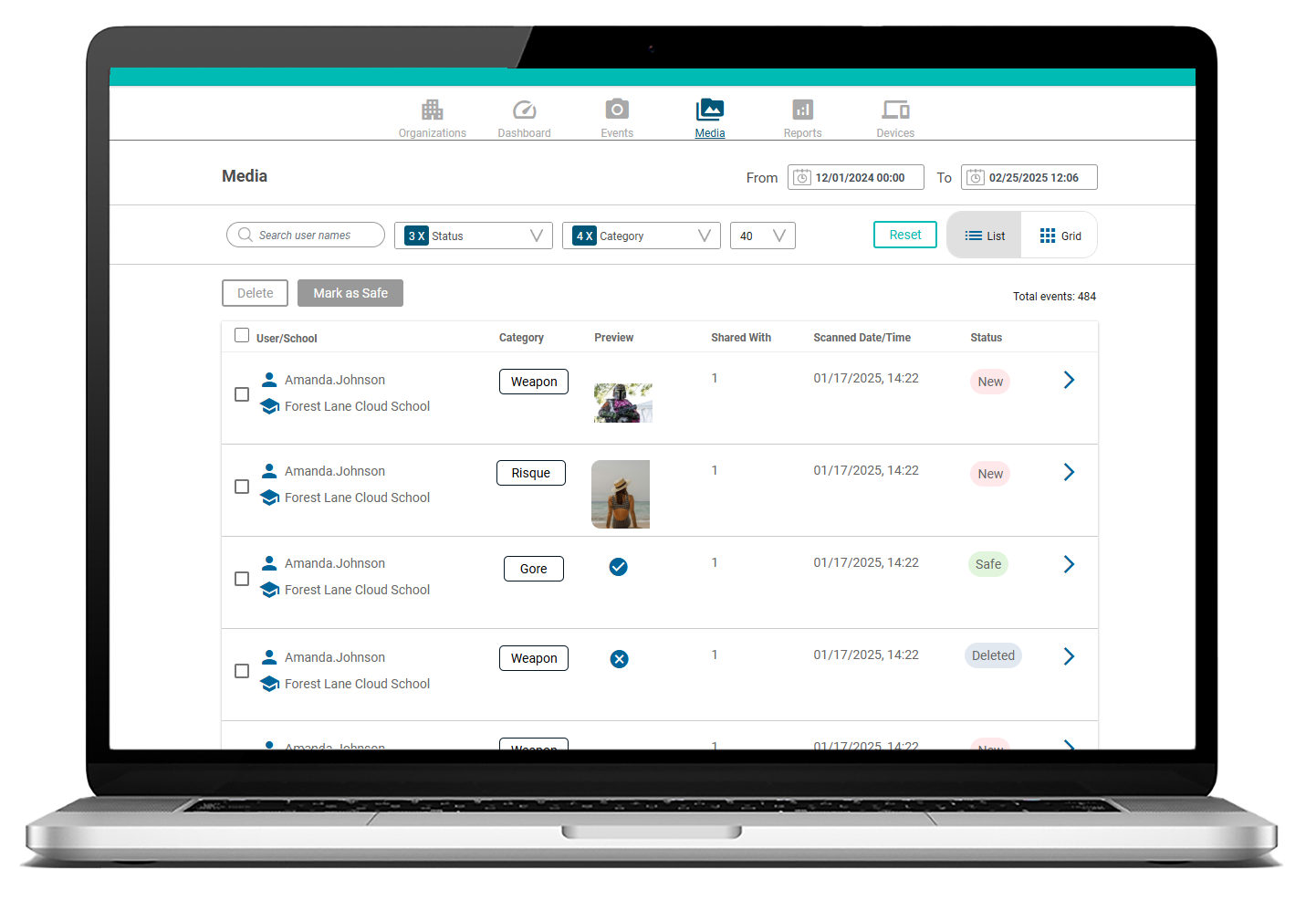New VR game DIG VR launches, highlighting demand for construction education in UK schools
Tomorrow marks the launch of DIG VR, a new virtual reality simulation game developed by Wired Productions and Just Add Water for the Meta Quest VR headset.
DIG VR offers users a realistic experience of operating an excavator on a virtual construction site, aiming to introduce younger and more diverse audiences to career possibilities within the construction industry.
Alongside the game’s release, DIG VR conducted a survey among 2,000 UK participants aged 18-65+, revealing public support for incorporating practical subjects like construction and trade skills into the secondary education curriculum. The study found that 64% of respondents favored adding construction-focused courses.
The survey further highlighted a lack of awareness about the construction industry among the public. Over half of respondents (52%) reported limited understanding of the sector, and 36% were unaware of the variety of roles available within it. DIG VR’s creators believe the immersive VR platform could help fill this knowledge gap, giving young people hands-on exposure to the industry in a safe, engaging environment.
Given the shortage of skilled workers and the UK government’s commitment to building 1.5 million new homes, there is a pressing need to encourage interest in the construction field. This aligns with Labour’s promise to develop children’s knowledge and skills to support vocational studies up to the age of 16, providing young people with practical career pathways early in their education.
Interest in construction education is especially high among younger respondents, with nearly half (49%) of participants aged 18-35 expressing a desire to learn more about the trade. This interest aligns with ongoing workforce challenges in the UK, where the construction and trade industries face skilled labor shortages. Additionally, the UK’s unemployment rate, currently at 4.0%, underscores the potential for construction and trade roles to open new employment pathways.
DIG VR’s survey also found that care (50%) and teaching (45%) were popular alternative subjects respondents wanted to see added to the curriculum. Psychology ranked lower, with only 40% showing interest.
“By leveraging the power of virtual reality, the realistic controls and manoeuvrability in the game can be used as a tool to introduce the construction/trade industry, inspiring a younger and diverse generation of students. The opportunity to experience what it would be like working in a construction site in the form of being an excavator operator, all in a fun, safe and cost-effective way allows students to make career decisions in advance.” DIG VR representatives stated.





















